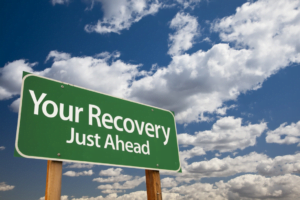The one good thing about living in this era of technology is that you have so much access to research, scientific studies, and developments revolving around treatment for addiction recovery. Before having access to these studies, you may not have realized the potential for alternative methods in treating addiction.
Some of those methods include meditation, yoga, physical activity, and even music. Music has been shown to treat an array of chronic illnesses, not just addiction. Music also has the power to regulate moods. Have you ever had a bad day and, by just turning on your favorite song, you instantly feel better? It is a true testament to the power of music. It is important to explore how incorporating music into your addiction treatment regime can be beneficial for you.
How Music Affects Us
As stated, several research studies have shown the effect music can have on people. Some of this research has suggested that there the reason you listen to music is, in fact, to change your emotions and connect with others. Music can be very bonding, so sharing your favorite songs with people, or even the songs that help you when you are down can be extremely intimate.
You may also tend to relate music with happy moments in your life. An example of this could include the song a couple chooses to dance to at their wedding or a song a loved one may select for a funeral service. The songs you choose in these situations may remind you about the love you have shared with others.
Another example of the effect music has on you is through the reasons you use music for tasks like exercising, creating works of art, and even studying. Listening to music when working out may help with energy and motivation. You would not listen to something mellow and calming during an intense workout, instead, you would listen to something that’s going to get your heart and blood pumping.
When you are practicing yoga or meditation, you are probably not going to listen to a headbanging record. Instead, you are more likely to put on a calming track, something ambient and soothing. Choosing specific music for specific settings alters the mood and energies of your environment.
The Science Behind It
Music affects not only your mood but your mind and body as well. That includes improving memory, which is why it is sometimes suggested to listen to music — oftentimes classical music — to help remember the subject matter. It can also make you less lethargic, which is why it is common to listen to music when exercising. Several studies have shown that music can physically change your brain, increase dopamine, manage your hormones, and even boost your immune system.
Studies have shown that the effect music can have on people can help to treat a number of mental illnesses. Thanks to the increase of dopamine levels music can evoke, you can regulate feelings of depression. When your immune system is stronger, you probably tend to feel better overall.
When dealing with anxiety or panic disorder, you may already have a specific song or playlist that helps you get through a panic attack. Although the science behind how music impacts mental health treatment is still being studied on an ongoing basis, as far as treatments go, it is probably one of the easiest things you can incorporate into their treatment plans.
Addiction and Music Therapy
Utilizing music therapy in clinical modalities and for individualized treatment plans for individuals seeking therapy for any number of issues. The first example of using music therapy treatments to treat addiction is fairly recent, only dating back to the 70s.
Music therapy can help you connect with yourself in a deeper way that allows you to communicate your emotional needs in a way that traditional communication does not always allow for. Addiction is also a common mental illness often accompanied by some other co-occurring disorders. If music has had an impact on being able to treat anxiety and depression, it is worth experimenting with its capabilities in treating addiction.
If you or someone you love is looking to be free from active addiction, you may consider speaking with your counselor, therapist, or other medical professionals about incorporating music therapy in your treatment plan. At The Ohana Addiction Treatment Center, our alternative and holistic treatment plans include yoga, adventure therapy, and music therapy as well. So, if music therapy is a modality you are particularly interested in utilizing, our recovery center may be the right place for you to start your recovery adventure and free yourself from addiction today.








